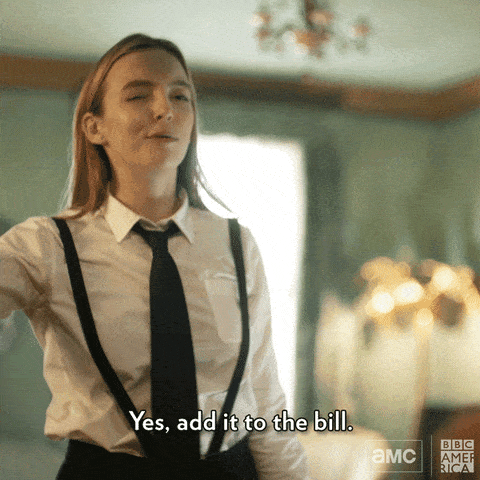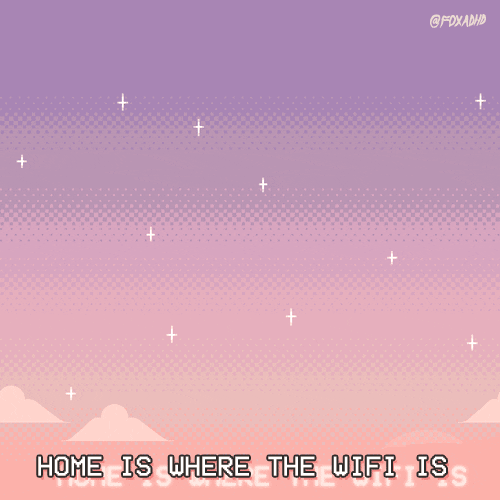- Beyond The Lobby
- Posts
- Beyond The Lobby – Edition 1
Beyond The Lobby – Edition 1
The peak end rule | The two minute rule for guest requests | When the wi-fi goes down | The Ritz-Carlton's $2,000 Rule

Dear hotelier,
Welcome to Beyond the Lobby – A weekly newsletter to help you make better decisions as a hotelier.
(Was this newsletter forwarded to you? Sign Up Here)
BIG IDEA FOR THE WEEK
The Peak-End Rule
—
People don’t evaluate an experience by adding up every moment. They remember the most intense part (the peak) and how it ended. This is the Peak-End Rule, and it’s why a bad checkout can ruin a great trip or why a single extraordinary moment can salvage an otherwise average stay.
For hoteliers, this insight is pure gold. You don’t have to obsess over every tiny detail. Instead, focus on two things:
Create a peak. What will stand out in your guest’s memory? Maybe it’s a warm welcome with a surprising touch, like a handwritten note or their favourite drink waiting for them. Maybe it’s a small, thoughtful gesture like an unexpected room upgrade.
End on a high note. The final interaction often becomes the lasting impression. A chaotic checkout or unresolved issue is what they’ll talk about afterwards. Smooth, friendly, and proactive farewells? That’s the impression you want to leave.
The key is to realize that not all moments are created equal. Peaks and endings carry more weight. What you’re really managing is the memory of the experience, not the experience itself.
Here’s how to put it into practice:
Audit your guest journey. Where’s the natural peak? Can you make it better?
Identify the end. Is it clean, efficient, and friendly? If not, it’s an opportunity.
Use tech to prevent service misses that ruin peaks or ends. Guests won’t remember how busy you were—just whether you handled it well.
The best guest experience isn’t perfect—it’s memorable. The Peak-End Rule ensures you spend your energy where it matters most.
Guests don’t notice how hard you work – they notice how seamless you make it feel.
OPERATIONAL INSIGHT
The Two-Minute Rule for Guest Requests

—
Here’s a rule worth adopting: if a guest request can be acted on in two minutes or less, do it right now.
Don’t seek approvals, don’t delegate, don’t let it sit in the queue. Just handle it.
A quick towel drop-off or helping with the thermostat immediately saves follow-ups, builds trust, and keeps things flowing.
The longer requests linger, the more they pile up. The more they pile up, the more overwhelming it gets—for staff and guests alike.
Fast action isn’t just efficient; it’s memorable.
CRISIS PLAYBOOK
When the Wi-Fi goes down

—
Wi-Fi crashes are bound to happen. It’s frustrating for guests, but here’s how you can stay ahead of it without losing your mind:
Acknowledge the Problem. Post a notice in key areas (front desk, elevators, room TVs). Send a mass text or email if you can. A simple message: “We know the Wi-Fi is down. We’re on it.”
Focus on the Few, Not the Many. Most guests won’t come to you, but some will. Your front desk and team only need to update those who ask. For the rest, the notice will do the job.
Offer Quick Fixes. Have a backup ready – providing a small stash of mobile hotspots or a shared space with working Wi-Fi could instantly set you apart from other hotels – showing that you truly care.
Close the Loop. Once it’s fixed, update the same channels: notices, texts, or a quick call to guests who complained. It doesn’t have to be perfect—just let them know it’s back.
You can’t solve every guest’s frustration, but clear, proactive communication will win you more goodwill than silence ever will. Keep it simple. Keep it human.
WHAT I FOUND INTERESTING
The Ritz-Carlton's $2,000 Rule
—
In the 1980s, the Ritz-Carlton introduced what’s now known as the $2,000 Rule. Every employee—regardless of role—was empowered to spend up to $2,000 to resolve a guest issue, no manager approval needed.
The idea wasn’t about the money; it was about trust. By giving staff the freedom to make decisions, Ritz-Carlton created a culture where service became seamless. Employees didn’t have to escalate problems or delay solutions. They acted instantly, and guests felt cared for.
What’s fascinating? They rarely spent the full $2,000. Most issues were solved with far less—sometimes a thoughtful gesture or an upgraded room. But the rule wasn’t about the amount; it was about empowerment.
For hoteliers, the lesson is clear: The best guest experience isn’t micromanaged. It’s built on trust—trust in your team to make the right call in the moment. When employees feel empowered, guests feel the difference.
SHOWER THOUGHT
💡 It's always the simplest ideas that we take the longest to find.
SPONSORED BY HAVEN
Running a hotel is hard. Haven makes it easier.
—
Catch service delays before complaints surface.
Upsell without being pushy.
Fix issues before checkout.
Curious? Learn more here.
I hope this edition was useful. Hit reply to write to me directly.
Happy Weekend!
Until next Friday,
– Animesh